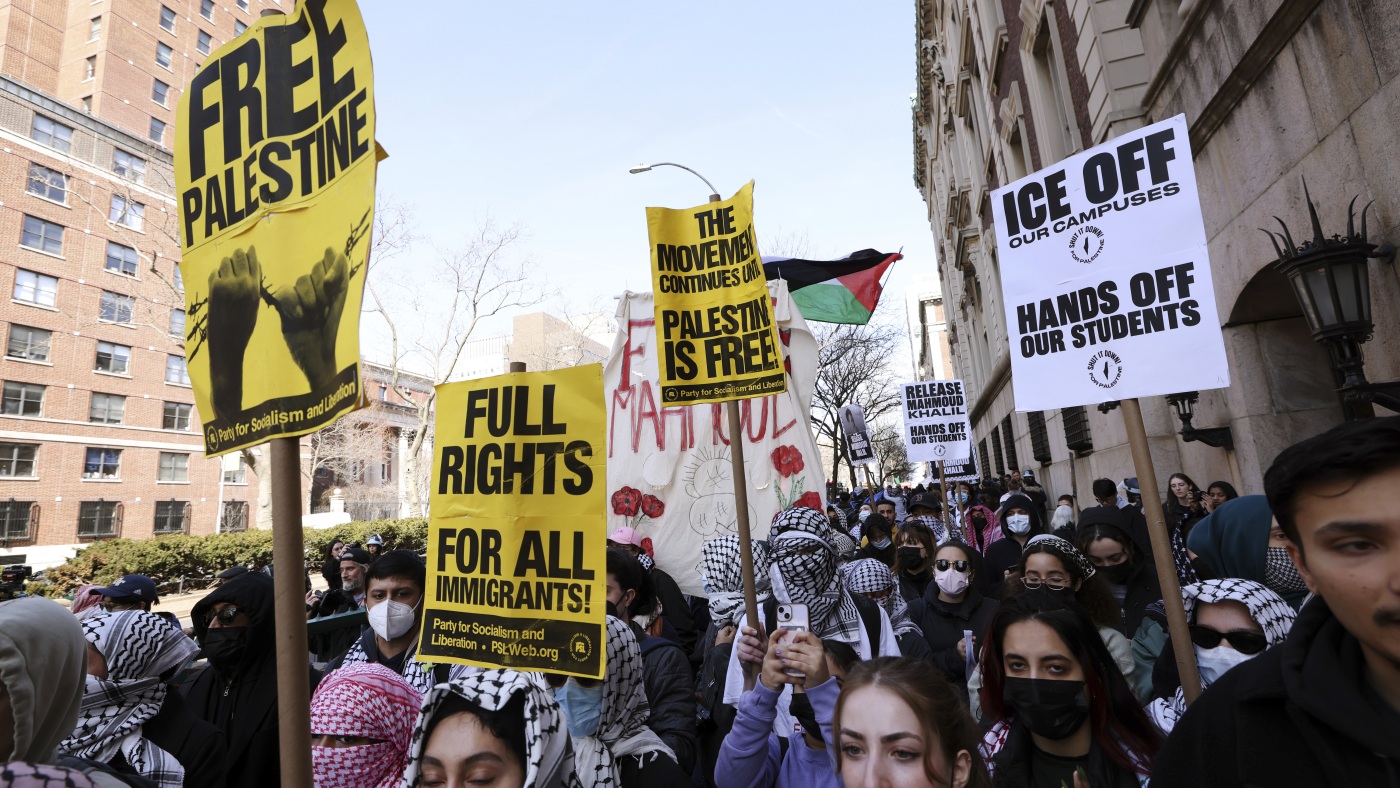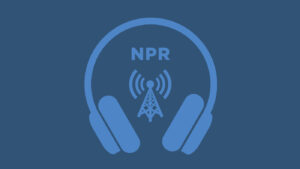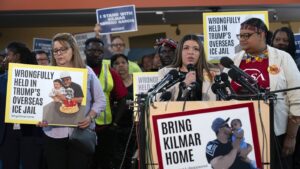A New Era of Tension: Trump Administration Targets Columbia University with Federal Funding Threats
In a move that has intensified the relationship between the Trump administration and Columbia University, federal officials have issued a stark warning to the institution. A demand has been made for Columbia to overhaul its Middle Eastern, South Asian, and African Studies Department, placing it under “academic receivership” for five years, alongside changes to student disciplinary policies. The ultimatum comes amidst heightened scrutiny of academic institutions and follows the recent withdrawal of $400 million in federal support.
According to a letter dated March 13, obtained by NPR, the U.S. Education Department, Department of Health and Human Services, and General Services Administration have given Columbia until March 20 to present a comprehensive plan. The letter, however, does not clarify why this specific department is singled out for such oversight.
Columbia University representatives, while reviewing the letter, have emphasized their commitment to advancing their mission and addressing discrimination and hatred on campus. Meanwhile, the leaders of the affected department have yet to comment. The federal departments involved have also refrained from addressing inquiries about these demands.
The developments at Columbia reflect a broader pattern of increased federal examination of universities under the Trump administration, with 52 other institutions currently under investigation for diversity, equity, and inclusion initiatives.
The Controversy Intensifies
The ongoing saga at Columbia began with last year’s pro-Palestinian protests, catalyzed by the conflict in Gaza. Students demanded divestment from companies linked to Israel, leading to campus encampments and building takeovers. This resulted in the resignation of then-president Nemat Shafik, who faced backlash for police intervention in breaking up the protests.
Amidst these tensions, the Trump administration has accused Columbia of failing to shield students from antisemitic acts, citing alleged violations of the Civil Rights Act. The administration insists on student expulsions or suspensions for those involved in last year’s protests and demands a new antisemitism policy, admissions reform, and enhanced security powers for campus officers.
Mask bans on campus, unless for religious or health reasons, and scrutiny of student organizations for policy violations are also part of the administration’s demands.
The Associated Press highlights the impact of funding cuts on Columbia’s research, particularly at its medical center, which relies heavily on National Institutes of Health grants.
A Broader Implication of Federal Actions
Columbia’s challenges are part of a wider pattern of federal actions against educational institutions perceived as promoting agendas contrary to the Trump administration’s policies. Pro-Palestinian protests, which include Jewish participants, have been labeled antisemitic by the administration.
Jeremy Ben-Ami, president of J Street, a Jewish advocacy group, criticized the administration’s approach as an “assault on democracy” and an exploitation of Jewish Americans’ fears. The New York Civil Liberties Union has defended the student protests as protected political speech.
The Impact of Mahmoud Khalil’s Arrest
Columbia’s situation was further complicated by the arrest of Mahmoud Khalil, a former student involved in the protests. Detained by immigration officials, Khalil, a Syrian native and U.S. permanent resident, faces deportation. The administration alleges ties between Khalil and Hamas, although no charges have been filed.
Civil rights groups, including the ACLU, have denounced the arrest as a suppression of political dissent. Brett Max Kaufman from the ACLU emphasized the dangers of government action against individuals based on political beliefs.
As tensions persist, the university community and its supporters continue to navigate the challenges posed by federal interventions. The unfolding situation at Columbia is emblematic of the broader conflicts between the administration’s policies and higher education institutions.






